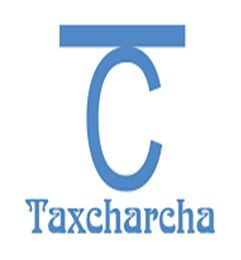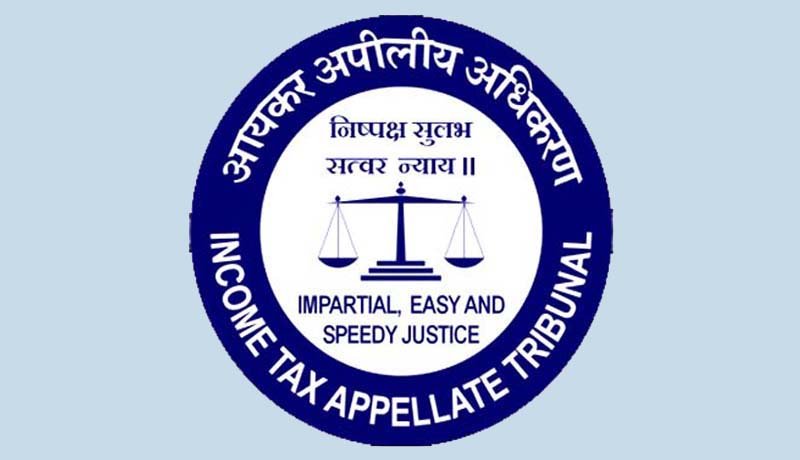The ITAT Bangalore in the recent judgement clarifies the period of holding of the ESOP options in the case of Shri. N. R. Ravikrishnan Vs Assistant Commissioner of Income Tax and stated the following:
“If ESOP options had been exercised, and the shares allotted thereby would have been sold after their allotment, then undisputedly the gains arising therefrom would have to be treated as STCG. In the case on hand, however, the 3750 options have been transferred as such, without any exercise of options…..The contention that the assessee cannot exercise option in the absence of vesting is not relevant as the options were transferred without any exercise in the case on hand. Thus the capital gain arising from the transfer of 3750 options amounting to
Rs.20,41,672/- should be considered as LTCG “.
Facts of the Case:
- The assessee filed its return of income for the AY 2007-08 declaring total income of Rs. 25,03,015/- showing the long term capital gain on the transfer of ESOP and claiming the exemption u/s 54EC of the Income Tax Act, 1961.
- The assessee transferred 6000 ESOP options to Infosys out of which 3750 ESOP options were granted in 2003 and 2500 were in the year 2004.
- These 3750 ESOP options were transferred to Infosys in the year 2007 and as the same are held for more than 3 years, the assessee considered the transfer as long term and filed the return showing long term capital gain.
- The case is selected for scrutiny and the Ld. AO considered the transfer of ESOP options as short term and disallowed the exemption claimed u/s 54EC of the Act.
- Aggrieved by the order the assessee filed its appeal with CIT(A) but CIT(A) upheld the AO’s order.
- Now, before the ITAT, the DR for the revenue submitted that the period of holding of these options for computation of capital gains cannot be counted from the date of grant of ESOP options as prior to the vesting date, the assessee himself could not have exercised any such right. Therefore, according to the learned DR, the authorities below were justified in treating the capital gains on transfer of ESOP options as ‘STCG’ and thereby denying the deduction claimed by the assessee u/s 54EC of the Act.
Discussion:
- It is seen that both the authorities below have ignored the important fact that 3750 options were sold to Infosys Technologies Ltd., without any exercise of option.
- If ESOP options had been exercised, and the shares allotted thereby wouldhave been sold after their allotment, then undisputedly the gains arising therefromwould have to be treated as STCG.
- In the case on hand, however, the 3750 optionshave been transferred as such, without any exercise of options. In the absence ofexercise of options, no shares were allotted to the assessee.
- It is a case of buy back of ESOP options by Infosys Technologies Ltd., with Infosys BPO Ltd., the assessee’s
employer, as a confirming party. - It is not in dispute that ESOP options providedvaluable right to the assessee to exercise and have allotment of shares. They were thus ‘capital asset’ held by the assessee from the date of grant i.e., 28.02.2003 and 02.02.2004 for which a consideration was paid to the assessee under the option Transfer Agreement.
- The contention that the assessee cannot exercise option in the absence of vesting is not relevant as the options were transferred without any exercise in the case on hand.
To download the order, Shri . N.R. Ravikrishnan (ITA 2348 of 2018)

